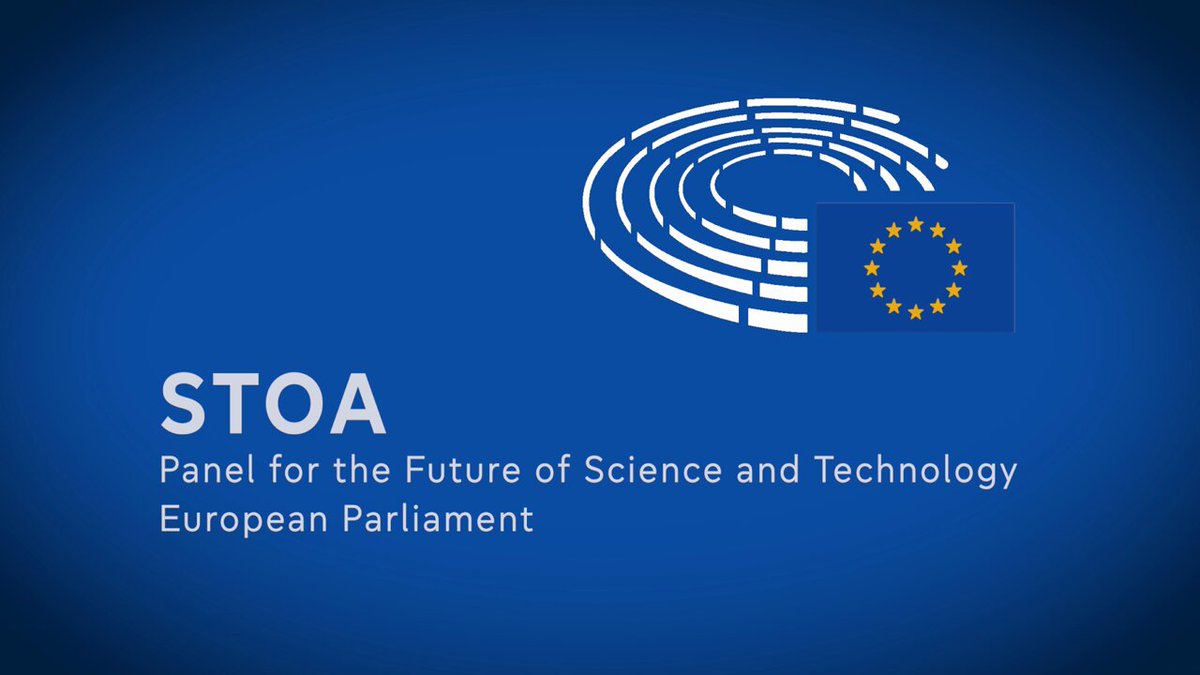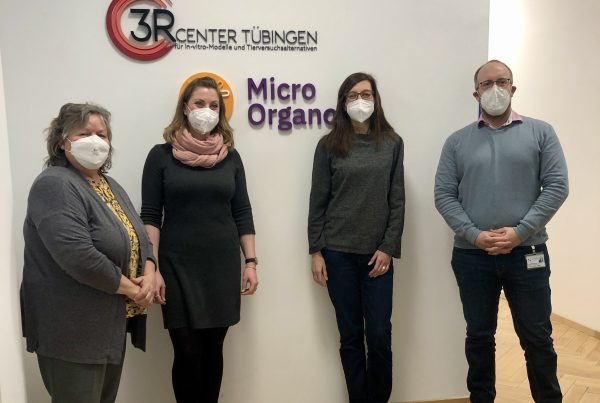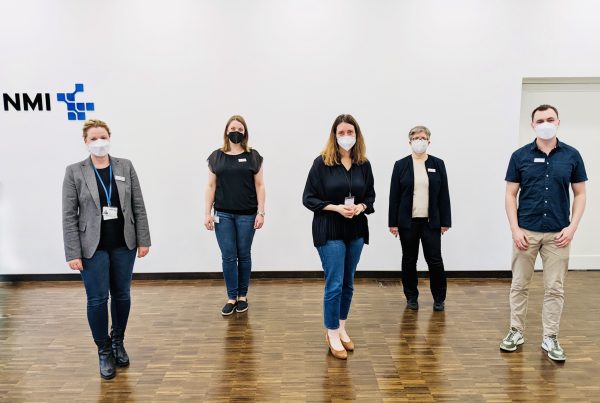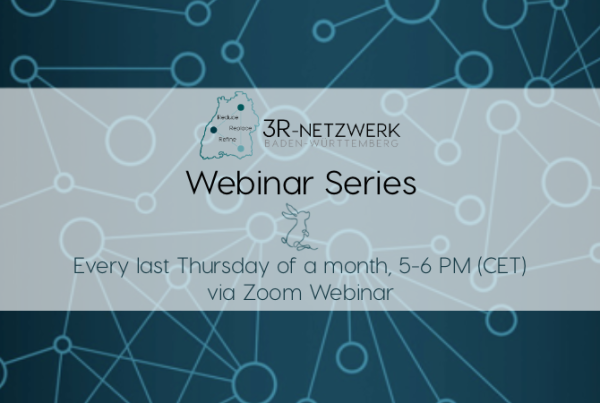The “Science and Technology Options Assessment” (STOA) Committee of the European Parliament, responsible for science and technology impact assessment, addressed on June 28, 2022, the question of how an evidence-based action plan could be developed for ending the use of animals for research and testing. Peter Loskill was invited to the European Parliament in Brussels to provide his scientific assessment on the replacement of animal experiments in research.
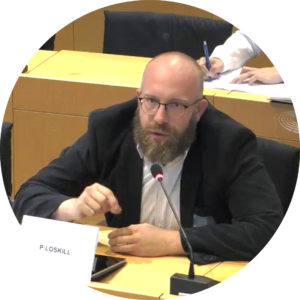
Organ-on-Chip expert, Peter Loskill, unequivocally answered whether the use of experimental animals in biomedical research can be ended with a yes, albeit not in the near future, with a focus on human biology research. In his argumentation, he particularly pointed out the limitations of animal models, especially regarding the transferability of results to humans. He emphasized that although an abrupt ban on animal experiments would currently pose a drastic obstacle to biomedical research, the technologies to reduce and replace them are already available. This is evident, especially in the pharmaceutical industry, which, unlike academic research, is driven by economic constraints regarding the transferability of results to humans and where a decrease in the use of animal models can be observed. Among the problems in academic research, Peter Loskill particularly highlighted the entrenched use of experimental animals and the associated rigid habits and dogmas.
To work towards a consistent replacement of animal experiments, it is necessary to move discussions away from extremes (“All animal experiments currently conducted are necessary” vs. “Immediate ban on all animal experiments”) and take measures to promote the development, implementation, and use, as well as the regulatory acceptance of alternative models. It is essential to provide scientists in the fields of biomedicine, pharmacy, and toxicology with easy access to alternative models and the necessary know-how. Additionally, the regulatory process for animal studies must be adapted and expanded to centrally involve experts in in vitro and/or in silico models.
Peter Loskill emphasized that these measures are a prerequisite for any type of ban and for contributing to a more human-centered research approach.


